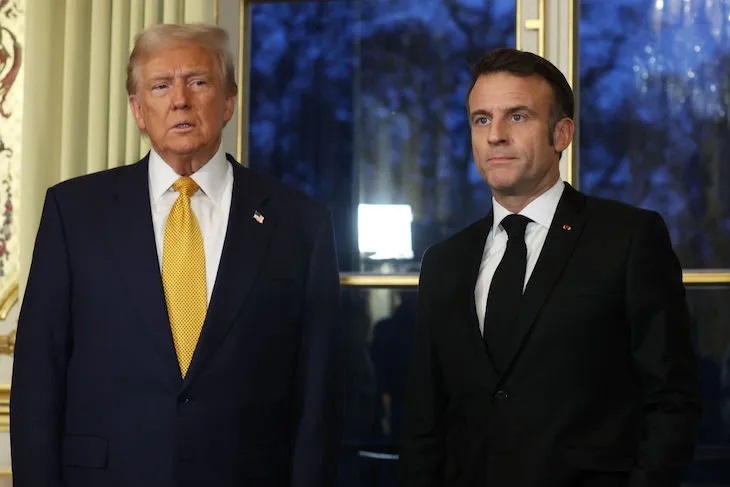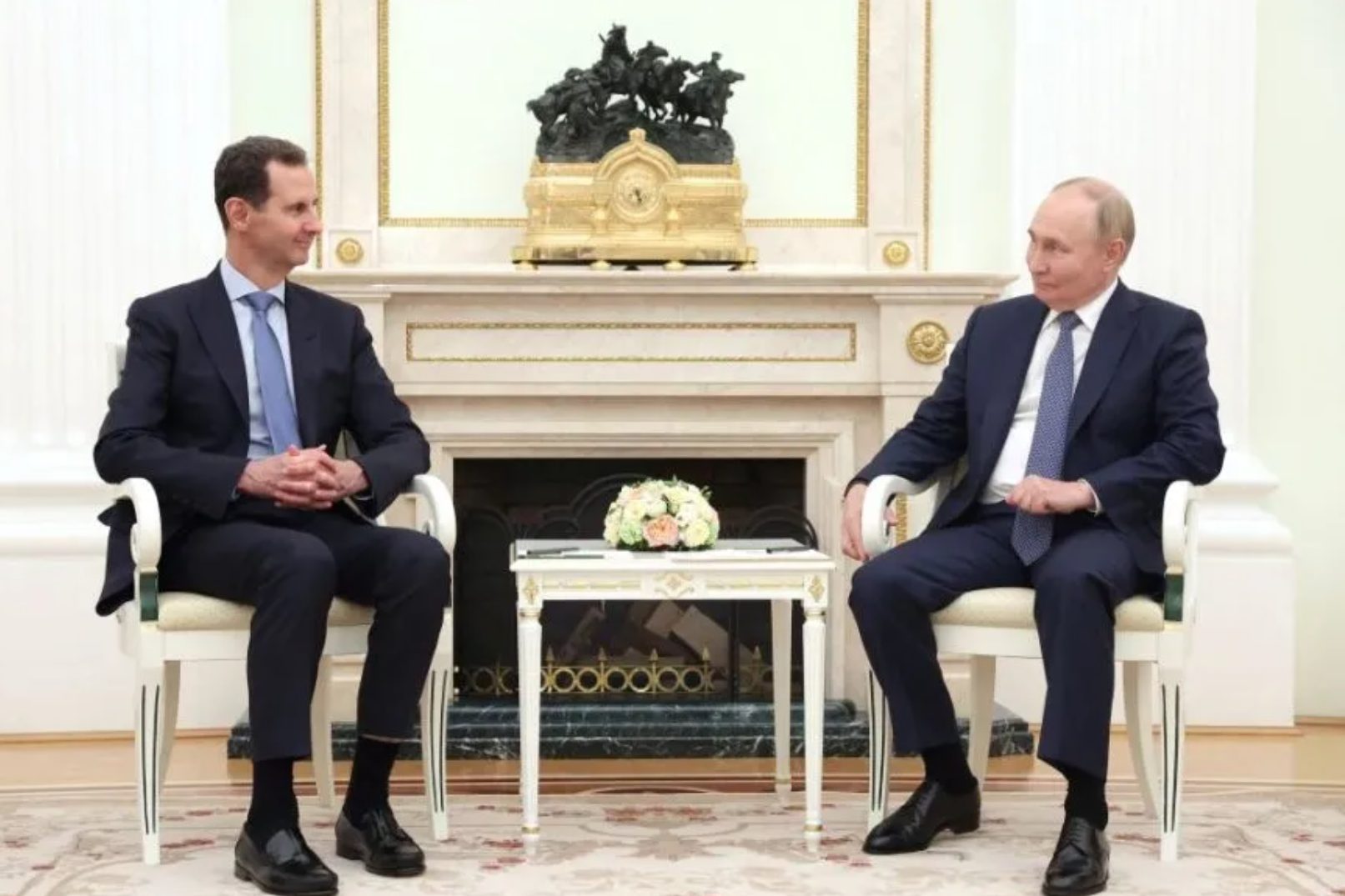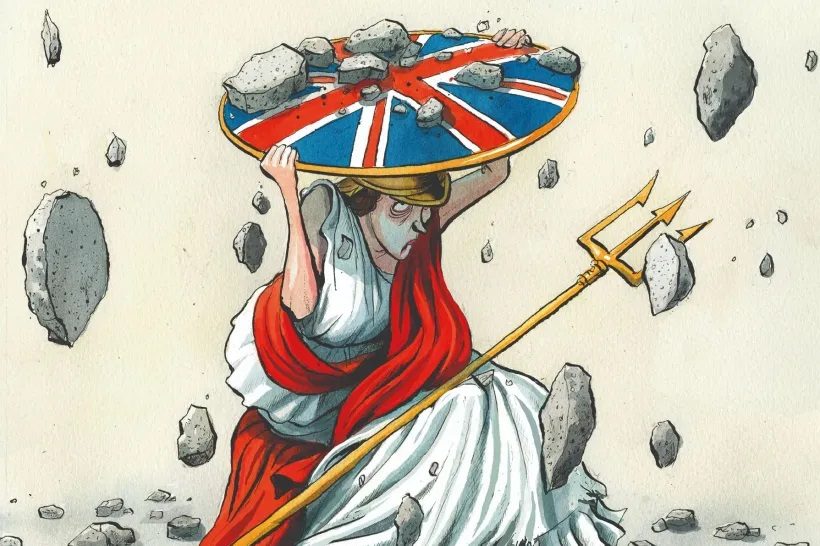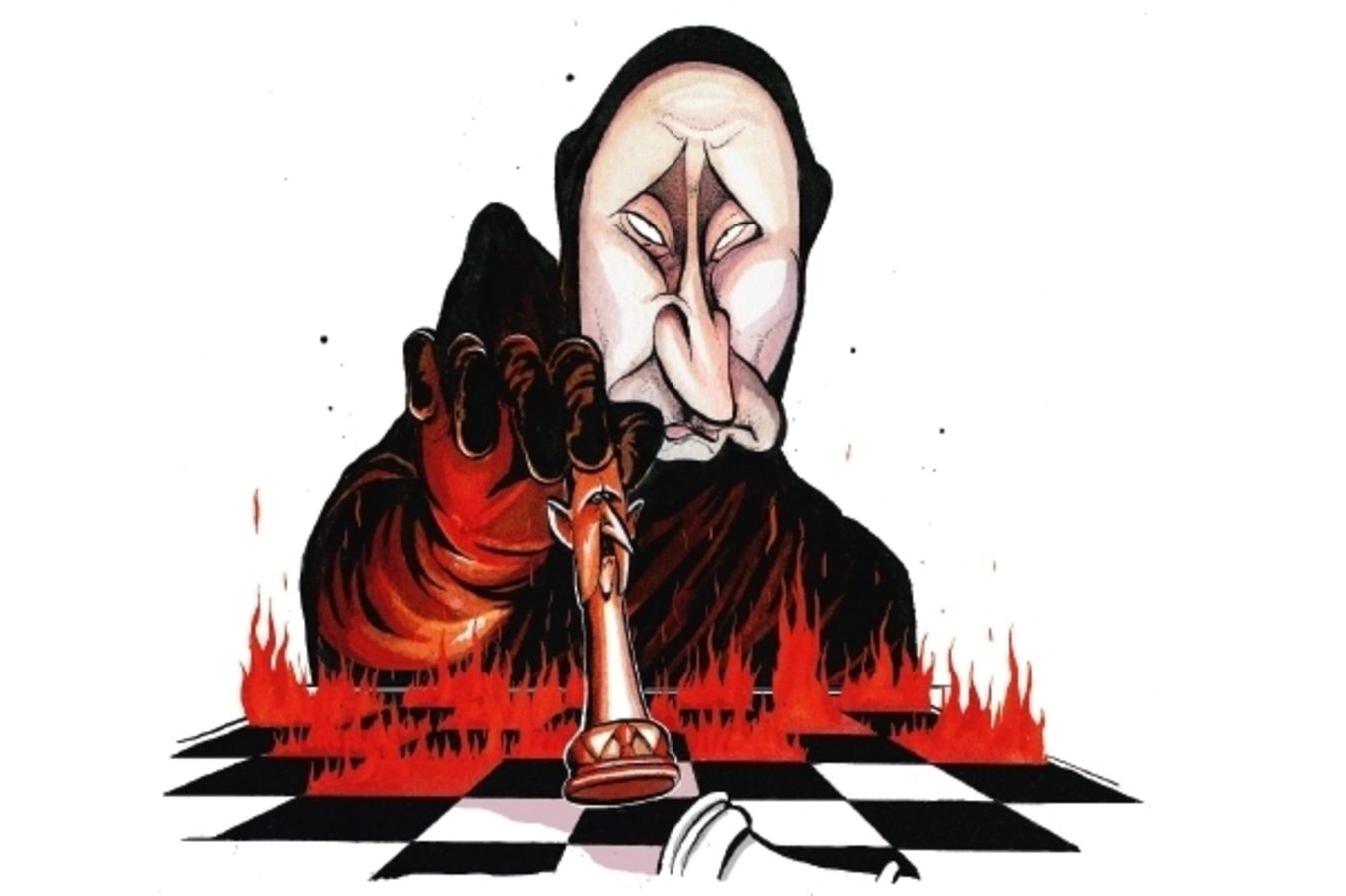Donald Trump is right that some of NATO’s European members are essentially freeloaders. That these countries are holding talks about increasing the alliance’s target for defense spending to 3 percent of GDP at its annual summit next June comes too little, too late. Countries like Germany and France have consistently underspent on defense, leaving Europe reliant on the United States as an ultimate guarantor of the continent’s security. When he takes office in January, Trump won’t stand for this. The political chaos in France is unlikely to reassure the president-elect that Europe has got its act together when it comes to defense spending. The fall of Michel Barnier’s short-lived government comes at a dreadful time.
The fall of Michel Barnier’s short-lived government comes at a dreadful time
The National Assembly’s vote of no confidence in Barnier last week meant not only the prime minister’s resignation but also the rejection of his proposed budget for 2025, which included $42 billion of spending cuts and $21 billion of tax increases. This was part of an attempt to address France’s long-standing deficit, a dizzying 6.2 percent of GDP this year, and restore some rigor and discipline to the country’s finances. Now, that plan is in tatters.
As a stop gap, the Council of Ministers, France’s cabinet which is led by the prime minister but chaired by the president, has approved a “special law.” This will roll the current year’s budget over into 2025 and avoid a shutdown of the government. But it is minimalist in the extreme: it allows the continuing collection of taxes, state borrowing by the Agence France Trésor and the ongoing operation of social security. Yet it prevents new, additional taxation and freezes planned investments. The legislature must approve or reject it, but it is unamendable. The National Assembly will examine the proposal on Monday and the Senate two days later. Even if it goes ahead, France’s defense projects — and Europe’s security — will suffer.
The budget debacle means that $27 billion in commitment authorizations for France’s armed forces is unlikely, for now, to go ahead. Their armed forces and veterans ministry cannot recruit additional personnel nor proceed with new procurement or spending programs; and the $3.4 billion increase contained in minister Sébastien Lecornu’s seven-year military planning law looks to be on hold.
This is not just a temporary delay, though that is worrying enough. The French navy plans to build a new aircraft carrier, dubbed the Porte-avions de nouvelle génération, to replace the aging Charles de Gaulle, as well as acquiring the first of five new frigates, the Frégate de Défense et d’Intervention, and upgrading 120 Panhard VBL light armored vehicles. The political upheaval in Paris does not bode well for these vital projects.
The defense industry cannot stand still in any country. Skills need to be maintained and supply chains kept active. A few months’ delay will not be fatal, but any longer paralysis before the agreement of a new budget risks significantly degrading France’s capabilities.
France isn’t the only country in Europe that has failed to take its defense commitments seriously. The United Kingdom has said it will increase its defense spending to 2.5 percent of GDP, but Prime Minister Keir Starmer doggedly refuses to set a timescale for the additional resources and refers to the ongoing Strategic Defense Review (the scope of which does not include the spending increase). In any event, most sensible commentators now agree that 2.5 percent will only allow the ministry of defense to make good the gaps in our commitments rather than represent a new bonanza of expenditure and recruitment. Put simply, it isnt enough.
In Germany, which has for decades underspent on defense and rendered its Bundeswehr functionally near-useless, there is another governmental crisis. The “traffic light coalition” of the SPD, the Greens and the FDP has come apart at the seams and new elections for the Bundestag are expected on February 23, 2025. This uncertainty means there will be stasis for at least another two months, and then there will be negotiations to create a new government from the ensuing complexion of the twenty-first Bundestag.
Donald Trump will be inaugurated on January 20, 2025. He is already impatient to seize the levers of executive control. Meanwhile, his NATO allies are in disarray, plagued by delay and indecision. For a continent which needs to be presenting an image of decisive action and setting its own house in order, it could hardly be worse.
Somehow, Europe’s leaders must get a grip. They cannot drift at the mercy of events. They need direction, planning and certainty, and the United States needs to see Europe in control of its own future. That message must be heard in Paris, in Berlin and in London.

























